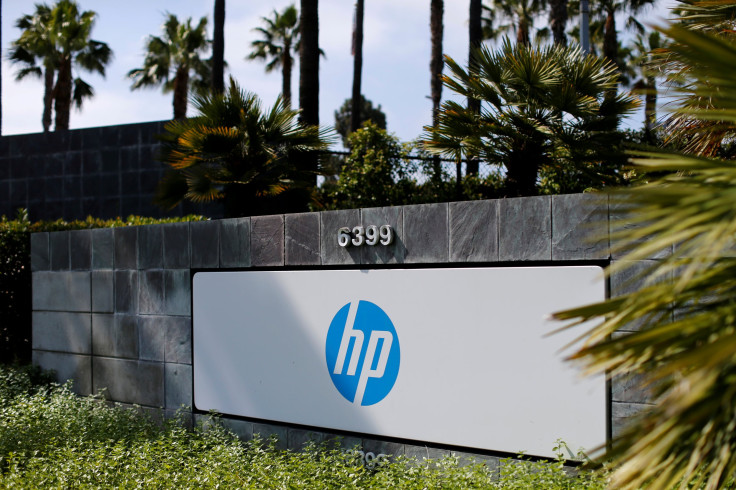How HP's PC Business Is Racing Past The Rest Of The Market

HP (NYSE:HPQ) is one of the world's top personal computer vendors. According to research firm IDC, the company shipped the most personal computers worldwide during the fourth quarter of 2017, growing its market share from 21.8% in the year-ago quarter to 23.5%.
This article originally appeared in The Motley Fool.
IDC also says that overall shipment growth for HP was 8.3% during that quarter, making it the fastest growing player during the period. Worldwide personal computer shipments climbed just 0.7% year over year during the same timeframe.
Clearly, HP is doing something right to allow it to dramatically outpace the broad personal computer market. Fortunately, during HP's most recent analyst day, the company outlined its winning strategy. Let's take a look at that strategy.
Focusing on premium and gaming computers
Central to HP's strategy to outgrow the market is a renewed focus on high-value sub-segments of the personal computer market. For some context, during the second calendar quarter of 2017, HP says that the overall personal computer market was worth $41.6 billion. Within that, so-called premium systems made up $18.8 billion and gaming-oriented systems were worth around $2 billion.
In the aforementioned quarter, HP said that it had 18.5% unit share of the premium computer market, which was lower than its 22.8% unit share in the overall personal computer market at the time. Its unit share of the gaming market was just 9.9%.
But in the second quarter of 2017, the company saw its unit share within the premium personal computer market expand by 5.4 percentage points -- outperforming peers Dell (which grew unit share by 2.4 points), Lenovo (which saw its share edge down one point), and Apple (which saw its share plunge 8.5 points).
In gaming, too, HP says that in the second quarter of calendar year 2017, the company captured 4.2 points of unit share, while Dell saw a 2.9 point boost and Lenovo a 6.4 point decline. Other vendors collectively saw their share drop by 0.7 points, according to HP.
Those share gains come as the company seems to have worked to improve the quality of its lineups in these respective sub-segments. The company still, of course, sells relatively cheap, unattractive systems at the low end, but its offerings at the high end — at least from what I can tell from perusing laptop reviews — are becoming more compelling.
The reason that HP's trying to focus on these segments is pretty clear: They're outgrowing the rest of the market, and the average selling prices are generally much higher since consumers in those markets are clearly willing to pay for more performance, features, and in some cases, improved aesthetics.
The strategy continues to work
Last quarter, HP's personal systems business saw 14% year-over-year revenue growth, which represented an acceleration from the 10% growth that it saw in the prior-year period.
"HP continued to outperform the PC market with broad-based growth across all segments and product categories," CEO Dion Weisler said on the company's most recent earnings conference call. He explained that it wasn't just notebook computers that were strong for the company, but desktop computers — a market that's traditionally been viewed as on the decline as more mobile form factors take over — have grown by double digits for HP over the last three quarters as well.
Weisler also noted that the company "outgrew the PC market by 4.6 points" during the first calendar quarter of 2018, "achieving 22.7% share." This share number is down from the 23.5% that IDC reported that HP achieved in the fourth quarter of last year — the key here is that HP's share rose year over year.
Interestingly, Weisler clarified that HP's goal isn't just to gain share but to gain "profitable share." The idea here is that it's easy to gain share if you ratchet down prices enough, but such a move wouldn't necessarily maximize a company's profitability. HP's strategy is to try to build better products and to, presumably, advertise them better to win over consumers and businesses' hearts and wallets -- not slash prices.
From what HP's financial results are showing us, the company's strategy in the personal computer market is delivering.
Ashraf Eassa has no position in any of the stocks mentioned. The Motley Fool owns shares of and recommends Apple. The Motley Fool has the following options: long January 2020 $150 calls on Apple and short January 2020 $155 calls on Apple. The Motley Fool has a disclosure policy.



















